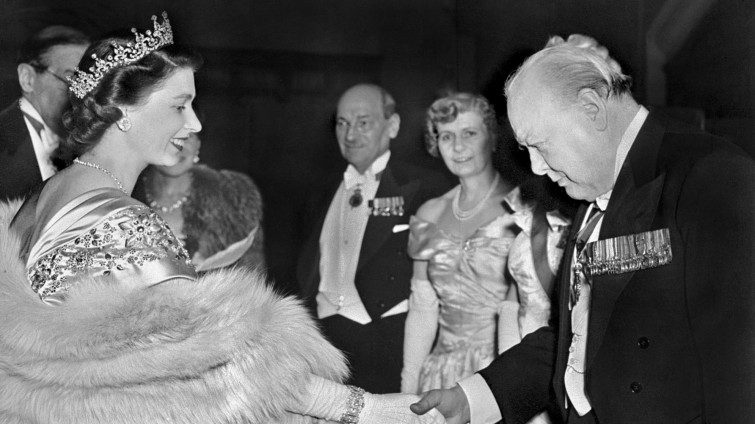
In the afternoon of September 8th, 2022, Her Majesty Queen Elizabeth II died peacefully in the presence of her family. Tomorrow morning, the dawn will rise on an irrevocably changed nation.
The first Prime Minister encountered by Queen Elizabeth II was Sir Winston Churchill in 1953. She has interacted with fourteen Prime Ministers since then, the last of which was of course Liz Truss, appointed only a few days ago. Churchill was born in 1874, Truss in 1975. The fact that Elizabeth II held audiences with both figures is a testament to her extraordinary longevity.
Queen Elizabeth II served as head of state for the United Kingdom of Great Britain and Northern Ireland for 70 years and 127 days—a feat only topped by King Louis XIV, who reigned in France for 72 years from 1643 to 1715. The Queen’s reign was so long that she became more than a consecrated symbol of Britain as a whole, more even than an iconic Burkean link between the generations. In her case, she embodied that link which most monarchs, reigning for a short time, only represent as the figurehead of a time-honoured institution which—the seditious hiccup of 1649 notwithstanding—has existed for over a thousand years. Next in the line of royal succession is her eldest son Charles, the Prince of Wales. Tomorrow he will return to London from Balmoral, the site of his mother’s death. It remains to be seen which royal name he will take at his coronation ceremony, but for now Charles is King of Great Britain and Northern Ireland.
Britain is now a poorer country than it was twenty-four hours ago. Her Majesty led a life devoted to all seven of the heavenly virtues. By quietly embodying prudence, justice, temperance, fortitude, as well as faith, hope, and charity, she elevated these ideals to an importance in our shared national life. Without her personal, public example, they might otherwise have faded amid decline and decay. They might have been irrevocably lost as collateral damage in the relentless modern drive to reject the old and create a new age of unspecified glory—one founded on equality, diversity, and perhaps some of the other buzzwords which many seem to think are up to the task of filling the void left gaping by disenchantment.
Perhaps these old virtues will die with her Majesty. Certainly no amount of gushing sentimentality can forestall such a fate. National spirits shall not live on theatre alone. With Queen Elizabeth II gone, the responsibility now falls on us to be worthy custodians of the ideal of Britain she kept alive for so long.
